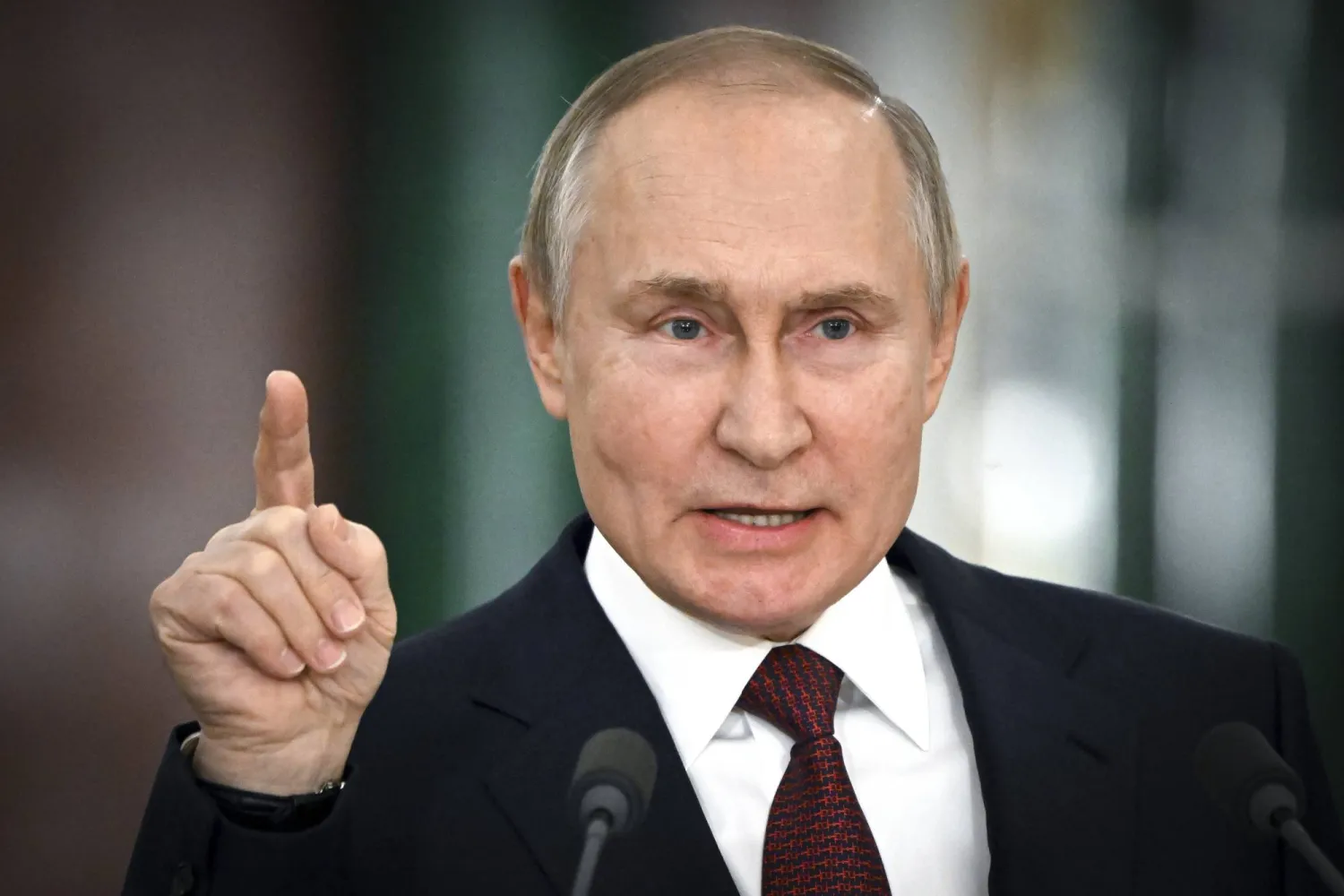President Vladimir Putin appealed on Thursday to voters, including in annexed parts of Ukraine, to be united in determining Russia's future by casting ballots in this week's presidential election which he is all but certain to win.
"It is vital to underscore our cohesion and resolve and move forward together. Every vote you cast is valued and meaningful," Putin said in a video address first shown in the Russian far east and reported by national news agencies.
"I therefore ask you in the coming three days to exercise your right to vote."
Putin, 71 and in power as president or prime minister since 2000, faces three challengers in three days of voting beginning on Friday. None of the challengers has criticized him, Reuters reported.
Opinion polls show he is supported by a majority of Russians, with one survey last month giving him 75% support.
Two candidates who had hoped to run on a platform of calling for an end to the war in Ukraine, officially described by Russia as a "special military operation," were ruled ineligible.
In his video remarks, Putin said all voters wanted to see a strong, prosperous and free Russia "in order to raise living standards and the quality of life. And that is how it will be."
The very act of voting, Putin said, was a "demonstration of patriotic feeling". And this, he said, was particularly felt in areas of eastern and southern Ukraine now held by Russian forces - some since the launch of the February 2022 invasion, others taken over by Russian-backed separatists in 2014.
Putin sent tens of thousands of troops over the border into Ukraine in February 2022 and, after an unsuccessful initial attempt to move on the capital Kyiv, Moscow's forces have concentrated their efforts on eastern and southern Ukraine.
Ukraine recaptured large chunks of territory in late 2022, but well dug-in Russian troops have been holding their own and last month seized the eastern town of Avdiivka.
Putin said the patriotic choices were clear to residents of areas in Donbas in eastern Ukraine and Novorossiya - a tsarist term for parts of southern Ukraine - who had voted for annexation by Russia in 2022 referendums denounced by Western countries as illegal.
"(They) voted in a referendum in the most difficult of conditions for unification with Russia and will again in the coming days make their choice," Putin said.
"Those participating in the special operation will also vote. They are an examples to all Russians."
Putin Asks Voters, Including in Annexed Ukrainian Areas, to Determine Russia's Future

FILE - Russian President Vladimir Putin gestures while speaking at a news conference following a meeting of the State Council at the Kremlin in Moscow, Russia on Dec. 22, 2022. (Sergey Guneyev, Sputnik, Kremlin Pool Photo via AP, File)

Putin Asks Voters, Including in Annexed Ukrainian Areas, to Determine Russia's Future

FILE - Russian President Vladimir Putin gestures while speaking at a news conference following a meeting of the State Council at the Kremlin in Moscow, Russia on Dec. 22, 2022. (Sergey Guneyev, Sputnik, Kremlin Pool Photo via AP, File)
لم تشترك بعد
انشئ حساباً خاصاً بك لتحصل على أخبار مخصصة لك ولتتمتع بخاصية حفظ المقالات وتتلقى نشراتنا البريدية المتنوعة







